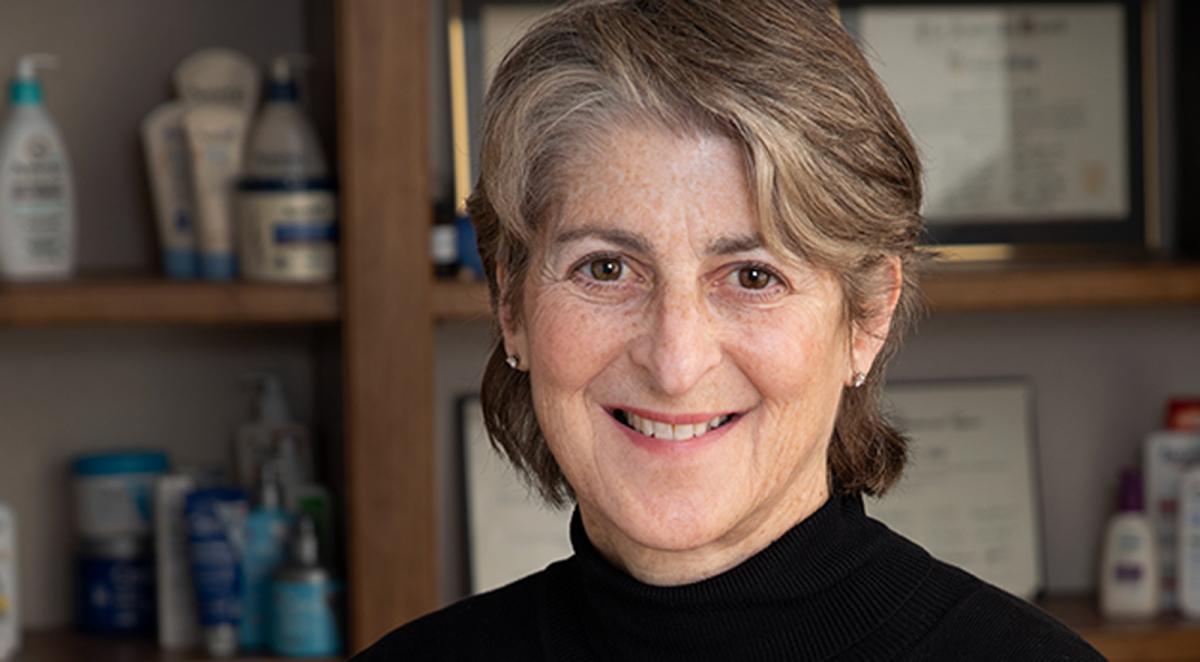What exactly is a serum? The term serum is a medical term referring to the clear liquid in blood after both the cells and clotting factors are removed. Somehow this term morphed into a kind of cosmetic that most consumers assume is a clear water-based liquid with the promise to brighten skin, decrease wrinkles, improve pigmentation, improve tone and texture, give the skin a younger appearance, and more. Fact is there is no standard definition for the formulation of a serum, neither from the U.S Food and Drug Administration (FDA), from cosmetic chemists or dermatologists.
The buzz about serum is that they claim to contain a higher concentration of certain ingredients than other facial skincare products. They may. Or they may not. Consumers have no way of knowing what the actual concentration of any particular ingredient is in a cosmetic because the amount of each ingredient is proprietary and not given on the ingredient listing or the label. Serums are often touted as miraculous because of the ingredients they contain like hyaluronic acid, caffeine, snail mucin, peptides or arbutin, to name a few. There is little, if any, scientific evidence proving the effectiveness of any of these ingredients, which surprisingly, is in the manufacturers' best interest. If these products could actually change the structure or function of skin, they'd be classified as drugs and manufacturers would have to obtain FDA pre-market approval at great expense. Serums are cosmetics, not drugs.
My concern with serums is more about the ingredients they don't contain. Most serums do not contain ingredients that keep water from evaporating from the skin, such as petrolatum, mineral oil or dimethicone. Without one of these types of ingredients, a product is not very effective as a moisturizer.
And how these products fit into a healthy skincare regimen is also arbitrary. Some companies recommend serum application between cleansing and moisturizing. Others recommend application after both cleansing and moisturizing. Which one is it?
Even more confusing, the variations of serums keep growing. You can find combination serums (like serums plus primer, another unnecessary product), double serums, daytime serums and nighttime serums - a hysterical concept as ingredients can't tell time. Can serums be fun to apply? Yep. Do they feel good on the skin? Sometimes. Can they cause allergic reactions or irritation? Yep. Do you really need a serum? Nope.





